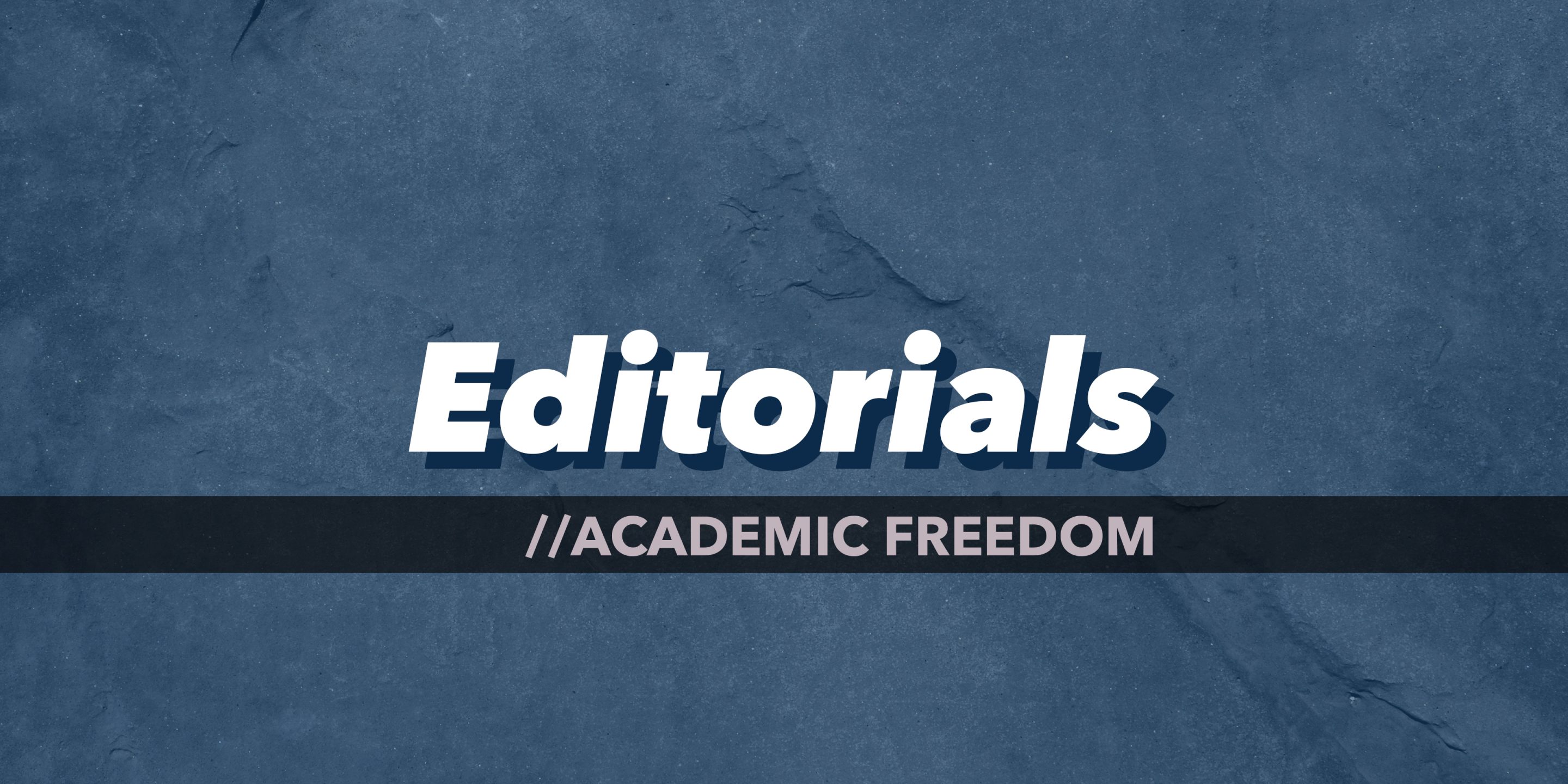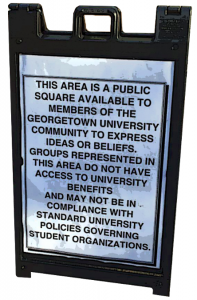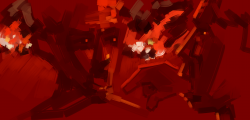Georgetown’s policy on academic freedom states that, “Faculty enjoy academic freedom in the classroom, the laboratory, the studio, the library, and all the domains of their academic activity. Academic freedom promotes intellectual honesty and requires respect for the academic rights of others.” The policy further clarifies that, as with free speech in general, there are reasonable limits to what university faculty can say or do.
This editorial board believes that academic freedom is paramount to a liberal education and that a professor’s right to free expression should extend to social media. When universities limit themselves to more traditional methods of discourse like the journal and classroom, they risk missing out on new avenues through which their professors can join public discourse. With this larger audience, however, professors can find themselves coming under greater scrutiny for any inflammatory statements they may make.
When Drexel University professor George Ciccariello-Maher’s tweet “All I want for Christmas is white genocide,” began to go viral, it started a heated debate over the limits of academic expression. Ciccariello-Maher further clarified that the killings of white slave-owners by their black slaves during the Haitian Revolution was justified, but that his original tweet was meant to be taken as satire. Drexel condemned the professor’s tweets in a university statement.
The debate surrounding academic freedom on the internet has also raged here on Georgetown’s campus. The American Conservative reported that philosophy professor Rebecca Kukla wrote a vulgar Facebook comment on a post about traditional Catholic marriage doctrine. The Georgetown Academy published a piece in which they called the administration’s silence towards Kukla hypocritical, since the author believed that had a conservative professor made such a comment, they would have faced repercussions.
In a more recent incident that garnered the attention of the Washington Post, Asra Nomani, a former journalism professor at Georgetown, requested that the university make Professor Christine Fair undergo training and apologize for her comments on social media about Nomani. Nomani wrote an opinion piece in The Post stating that she voted for Donald Trump. Among other things, Fair wrote “F**K YOU. GO TO HELL” in a Facebook comment about Nomani, and wrote on Twitter that she “pimped herself out to all media outlets because she was a ‘Muslim woman who voted for Trump.’”
While Nomani made it clear that she simply wished for an apology from Fair, and for Fair to undergo training, many conservative outlets called for Fair to be fired or to be denied tenure. This has been a common theme among recent incidents, with critics of the professors calling for harsh repercussions.
As social media like Twitter and Facebook increasingly become a forum for serious discussion, academia should not shy away from these new methods of communication. Legitimate academic conversations take place on Twitter, and this editorial board believes that professors should have the right to engage in these discussions without fear of professional retaliation.
As the saying goes, however, with freedom comes responsibility. Professors are expected to maintain a certain level of professionalism in the classroom and in their journals, and if a professor wishes to claim academic freedom for their interactions online, they must continue to hold themselves to high standards of conduct.
If a professor were to shout profanities to a colleague during a lecture, they would probably be sent to HR to deal with the fallout, and an article in which a professor insinuated that a colleague had “pimped herself” would likely not make it past peer review. Similarly, a professor on Twitter or Facebook should maintain the level of professional conduct necessary for academic conversations. To shrink below these levels of conduct weakens the seriousness of the discourse, therefore making it harder to justify granting academic freedoms.
As public discourse increasingly shifts online, this editorial board stands against any attempts to weaken academic freedoms. The freedom for academics to discuss difficult ideas will only become more important in the coming years, and for the sake of scholarly discourse and the idea of the university itself, professors must be free to publish, debate, and promote their ideas on any medium.





